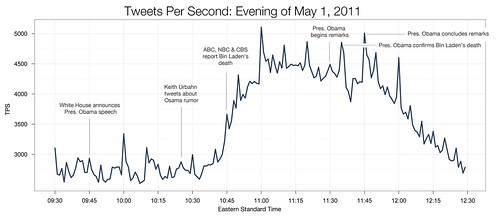Currently my year 12 Information Technology Systems (ITS) students are creating an essay on a social and ethical issue in IT; really I have a hidden agenda here, that is to expose students to a key ICT literacy "
seeking information online and being critical of what they read". Key to this is learning about the wealth of research and information that can be accessed via the internet, the two tools I will discuss are Diigo and Google Scholar.
Google Scholar is a Google search service specifically for articles, books, journals, legal opinions and patents; ITS students are mainly interested in the books and journal articles. The beauty of this service is it provides our students with access to academically rigorous material to support their learning. The site details the number of times an article has been cited, a brief summary of the article and often a link to a pdf or HTML copy of the original article. This is undoubtedly a very valuable service because it enables students to gain an understanding about how knowledge and opinion is formed around the topic they are researching. Furthermore, when a book is retrieved from the search a link is provided to an online copy of the book on Google books. Interestingly very few students even knew about Google books.

Diigo is an online social bookmarking service. The key to Diigo is its ability to harness previous searches by others and so hopefully provide more relevant information. In addition to Diigo’s ability to share links it is also enables students to use virtual highlighting of online text if the free plugin has been installed, something that I recommend students try. Links, highlights and virtual sticky notes all can be shared and grouped together. All bookmarks can also be tagged with key term to assist with later retrieval. Often a student may find a website that would be of interest to another student. With Diigo they can save, tag and highlight the website and then create an email link to a copy of the website that has all their highlighting and sticky notes. Over time a user of Diigo can build up a large collection of links, annotations and notes similar to an online notebook. My own Diigo Library contains 1050 individual links and annotations which everyone is free to view and use.
Some of you who are reading this post might being saying, "yeah so what, I use this stuff all the time". However, you would be surprised at how few students actually are! I have at times done a straw poll to see how many students are users of these types of online tools, I would regularly get about %10 who put their hands up. As the futurist
Thomas Frey argues there are social and ICT skills that are vital for the future such as communication management, reputation management and privacy management. However, interestingly he appears to not mention critical thinking and a healthy skepticism for what one reads online. The inclusion of concepts such as
Digital Creativity are also necessary because by being creative the students interactions becomes participatory rather than primary consumptive in nature.
Share


